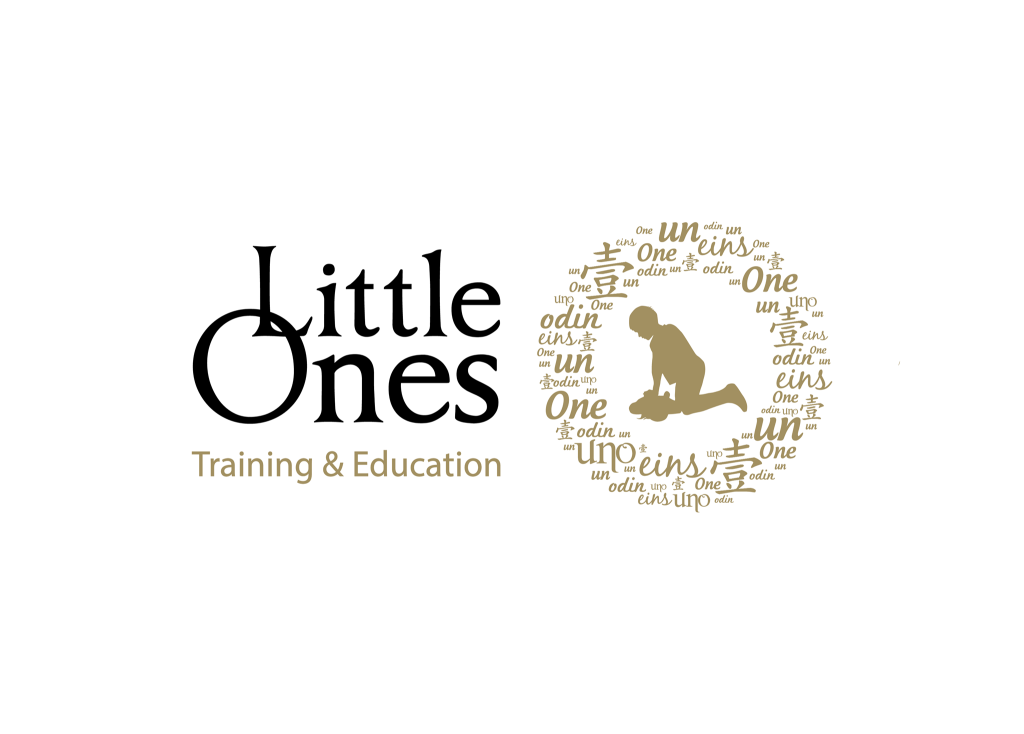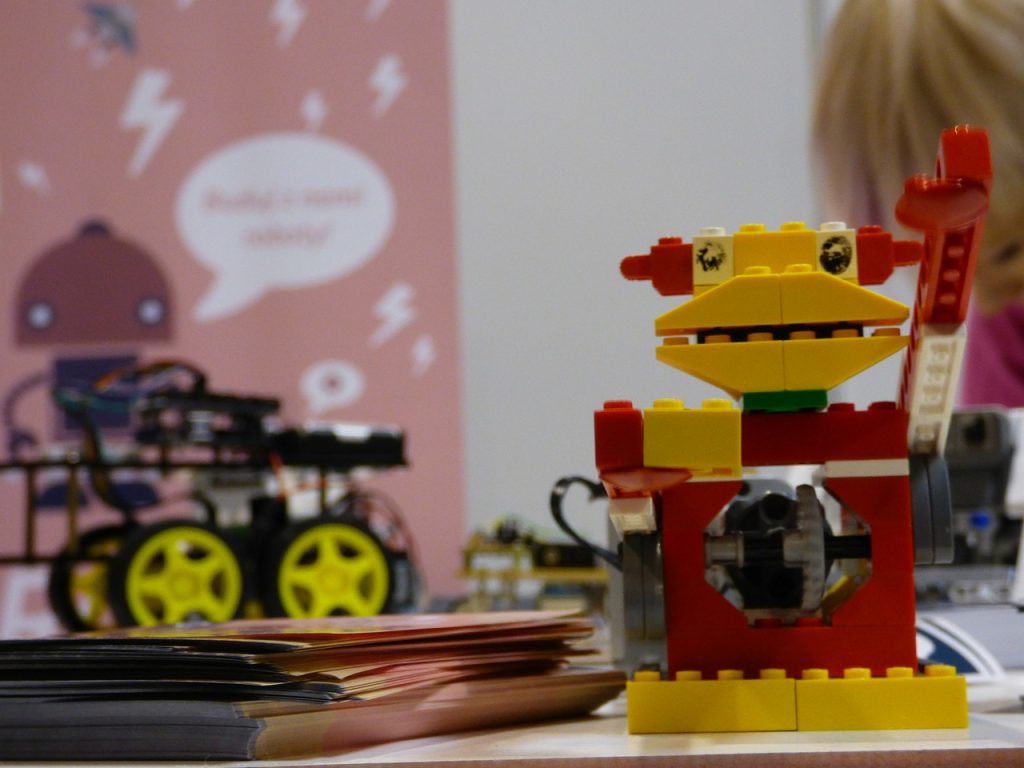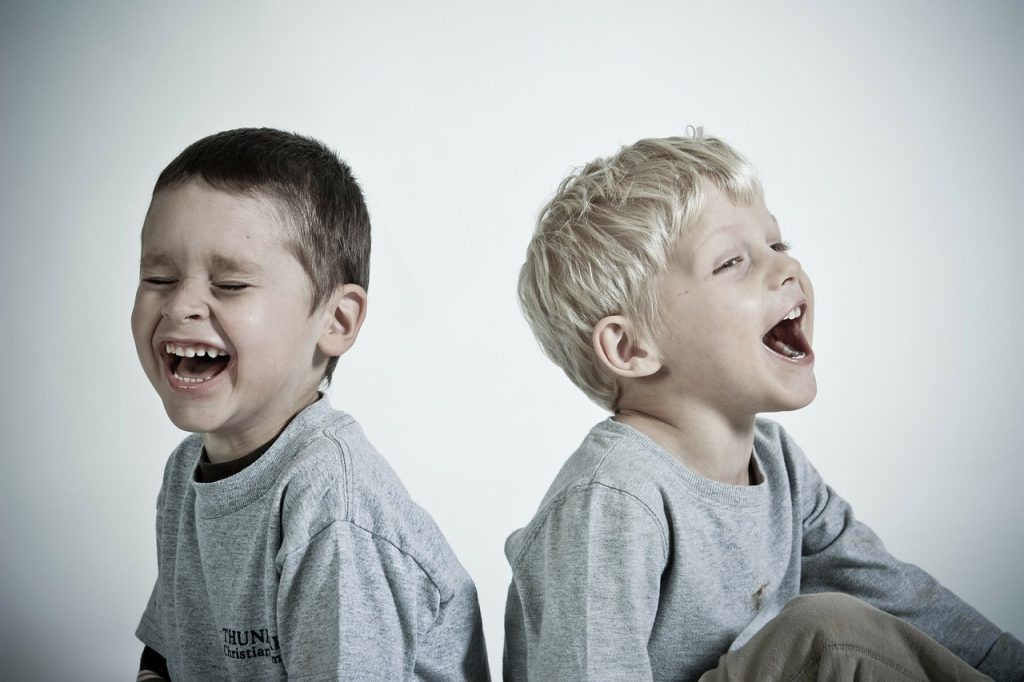
Sensory play is a catch-all term for activities which focus on stimulating a child’s senses : hearing, sight, smell, taste and touch. It can involve messy play, singing and dancing, cooking or gardening to name just a few activities which have maximum sensory input.
- Children learn best when multiple senses are stimulated. Songs are more easily remembered than poems because of the additional sensory stimulation the music provides. Memories can be provoked by smells or tastes. Sensory stimulation makes abstract ideas concrete.
- Sensory play allows children to experiment. Experimentation is crucial for developing advanced cognitive skills such as analysing and predicting. It allows children to explore cause and effect and allows them to find solutions to problems.
- Children control sensory play. By giving children materials which stimulate their senses and letting them get on with it they are able to make decisions and follow their own path, which gives them confidence to take control in other areas too. They may initially be afraid of slime or gloop but giving them time and space to experience it safely they are in control of the experience and will participate in their own time.
- New experiences means new words to describe them. Sensory play is a goldmine for vocabulary and linguistic development. Children learn the meaning of adjectives such as warm and cold, sticky, smooth, slimy and hard as well as comparatives (bigger, smaller, runnier, rougher) and
lots of words to describe actions. - Sensory play enhances physical development. From dancing to music to trying to kneading dough or trying to pick dinasours out of slime, sensory play can be adapted to focus on specific motor skills or enhance overall motor development and hand-eye coordination.
- You can do sensory play anywhere, any time. You don’t need a special table with a waterproof cloth to take part in sensory play. Even mealtimes can be an occasion to stimulate senses by identifying colours, smelling the different foods and experiencing taste and texture.
- Sensory play is fun for adults and children alike. Make a bowl of gloop and try not to play with it. We dare you!







